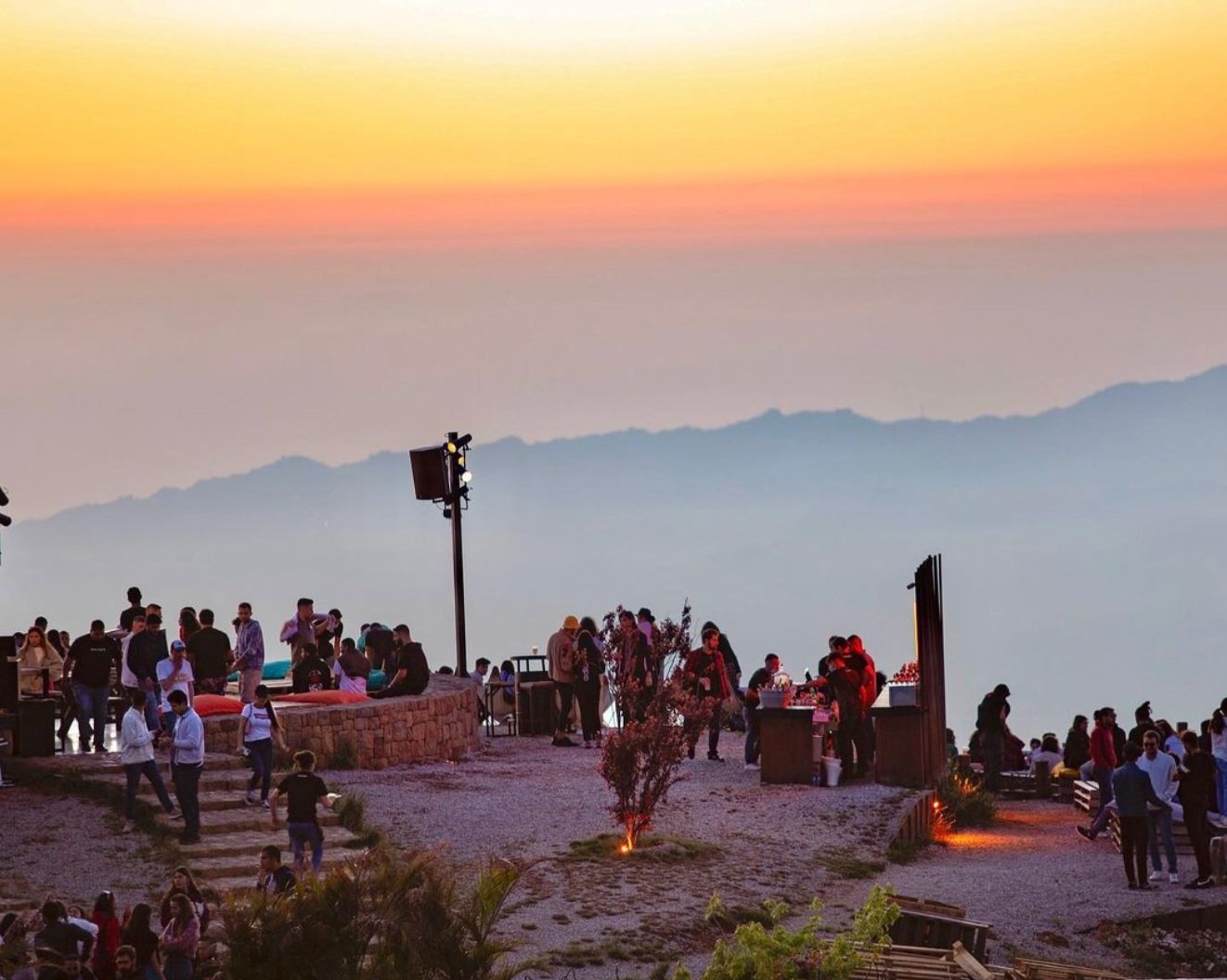
“I Will Survive”
Clubbing During Economic Crisis in Beirut, Lebanon
I’ve always been fascinated by music’s ability to transcend cultural and geographical boundaries. Having grown up abroad across five different countries, I’ve brought an international lens to every opportunity I’ve taken on. More recently, this has manifested in the form of research on emerging markets in the Middle East and North Africa Region. A few years ago, my father moved to Lebanon, and I’ve been spending my summers and winters with him in Beirut, ever since. During my time in Lebanon, I was able to bear witness to the historic persistence of the vast music scene, despite the ongoing political and economic strife. I chose to base my senior thesis on how the country’s music and nightlife scene thus serve as a coping mechanism for the Lebanese people, by offering a space that strengthens national ties and facilitates a sense of belonging
Excerpt from “I Will Survive”: Clubbing During Economic Crisis in Beirut, Lebanon:
Regardless of the frustrations the club-going youth may have had with the state of the nation, as they danced to the beats formed by traditional instruments like the oud, moving their hips and hands in synchrony, those stresses seemed distant. In that moment, I sensed that the club-goers achieved “liminality” (Turner, 1969, 95). In “Liminality and Communitas,” Victor Turner describes these moments of “liminality” as ones that are “in and out of time” and “secular social structure” (Turner, 1969, 96). These moments emerge through bonding and community. Being in this in-between phase, or alternate reality, offers respite, giving Lebanese youth the strength to return to the structure of their daily lives, filled with struggle, “revitalized” by their experiences in the club (Turner, 1969, 129).
Lebanon’s music and nightlife scene thus serves as a coping mechanism, by offering a space that strengthens national ties and facilitates a sense of belonging. In BBC’s Global Dancefloor podcast on Beirut, a DJ performing at the Grand Factory echoes this view: “Today, we party as a form of survival” (McWeeny & Ferran, 2023). Ever since the emergence of disco in the region, Lebanon’s nightlife scene has continued to offer a space for respite to the nation’s people. Gloria Gaynor’s “I Will Survive,” which was a hit in the region during the 60s, is still played at nightclubs in the region today (Shooter & Chahoud, 2022, 224). “I Will Survive” and “El Hak Ma Bemout” [a patriotic Lebanese song mentioned earlier in the text] share many similarities when it comes to the affective responses they generate within audiences. The two songs reflect themes of strength and resilience when faced with adversity. Such messaging resonates majorly with the Lebanese club-going youth, who have had to endure the nation’s troubles on a daily basis for years. When these songs are played in Lebanese nightclubs, they incite liminal moments that offer respite and strength in times of hardship.